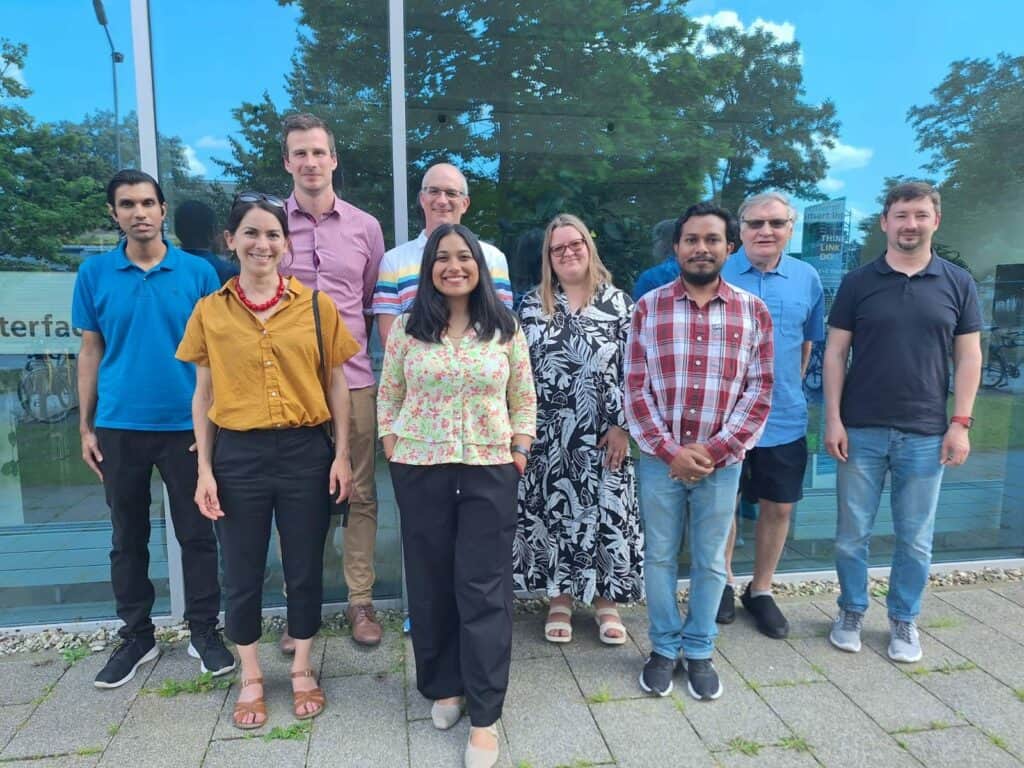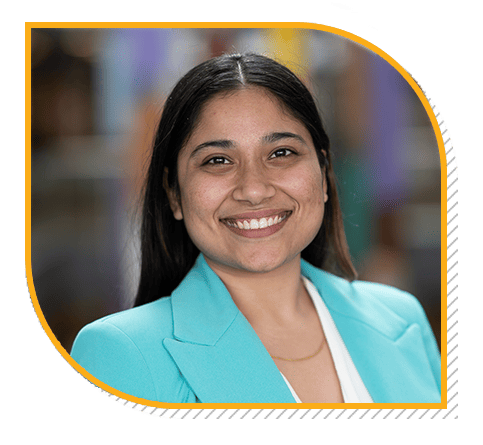The TRANSLATE consortium convened for its third General Assembly in Darmstadt on June 26-27, 2024. Hosted by the Technische Universität Darmstadt (TUD), this pivotal meeting brought together nine members from four European countries to discuss the progress and future steps of the TRANSLATE project.
“It was a great pleasure to interact with the TRANSLATE group members. The General Assembly meeting was successful. We had a fruitful discussion, and the presentations were insightful.”
– Santanu Kumar Das, Postdoctoral Researcher, Institute for Nano- and Microfluidics, Technische Universität Darmstadt (TUD)
Work Package Meetings
Each work package (WP) held intensive scientific discussions to share recent advancements and meticulously plan the next steps. These sessions ensured that every aspect of the project was aligned with the consortium’s overall goals.
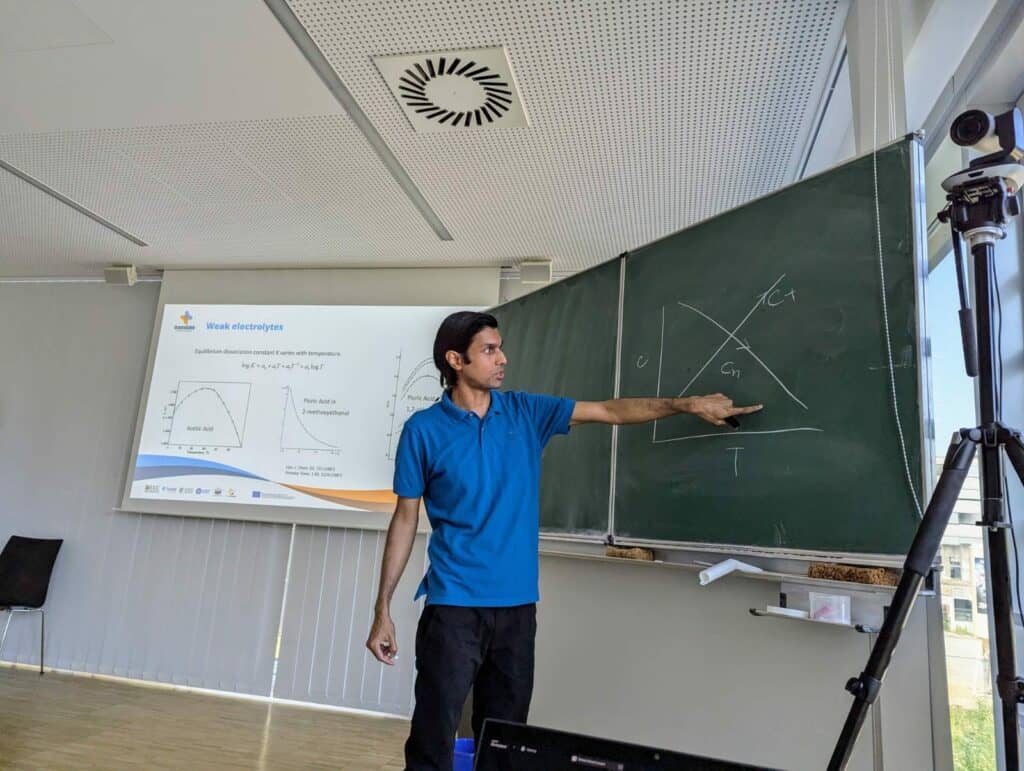
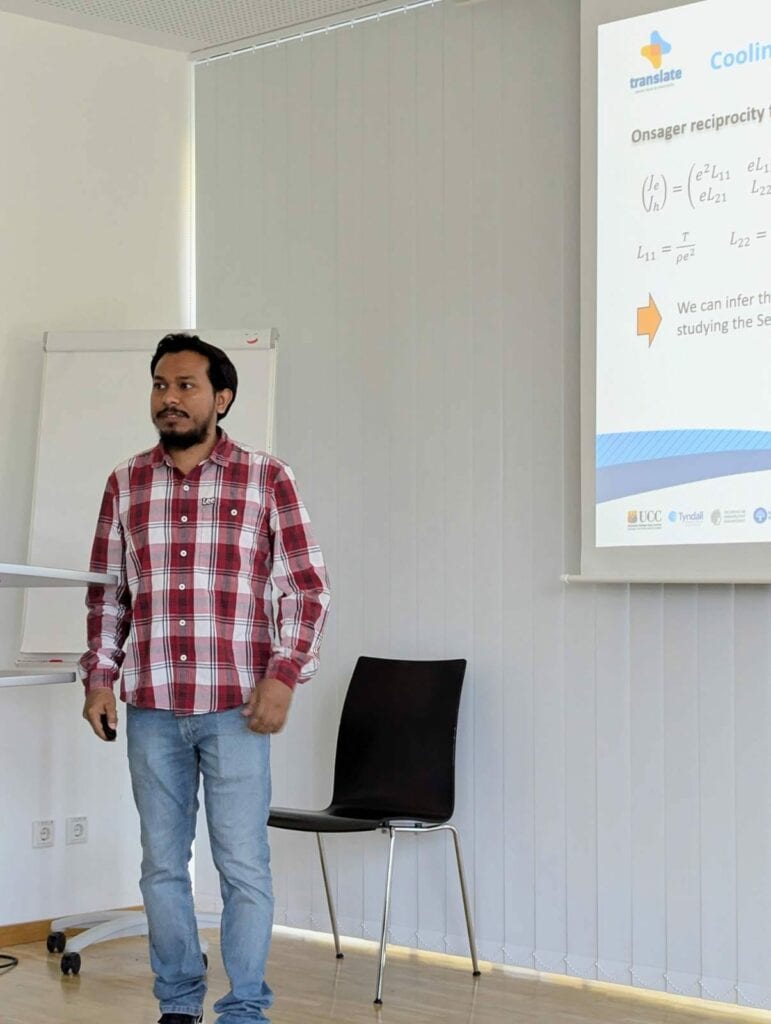
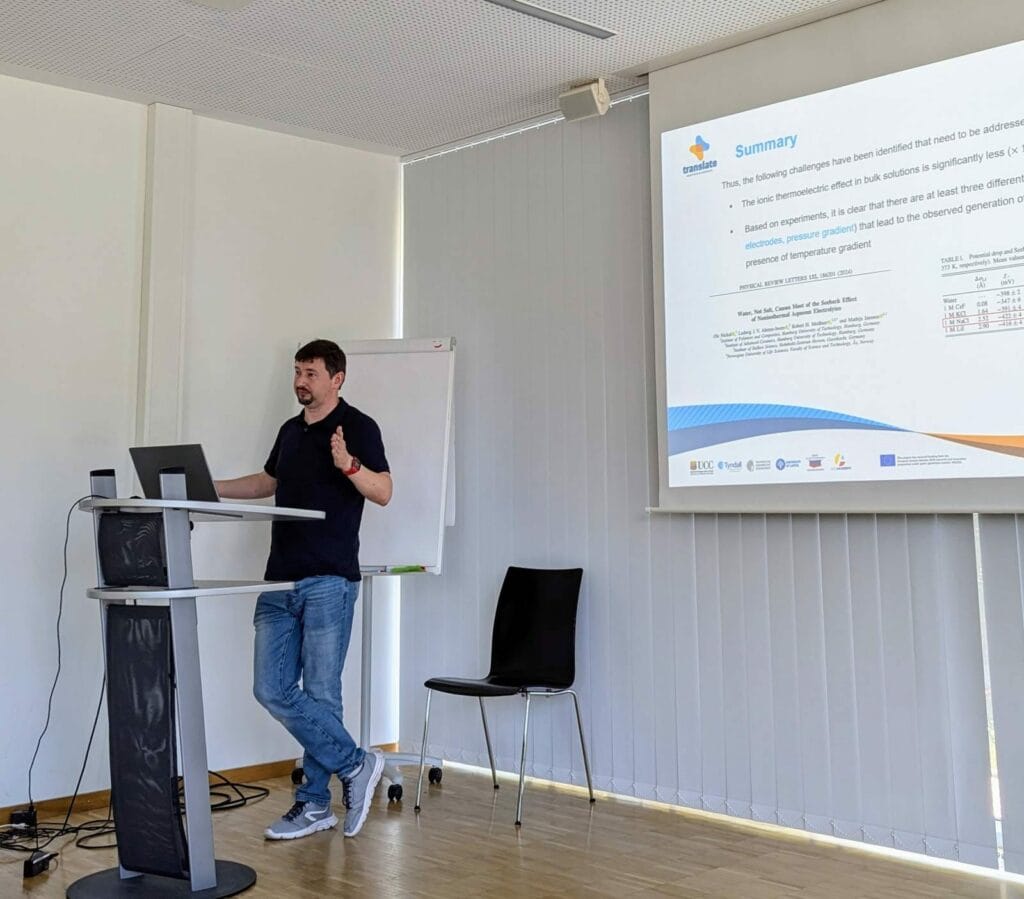
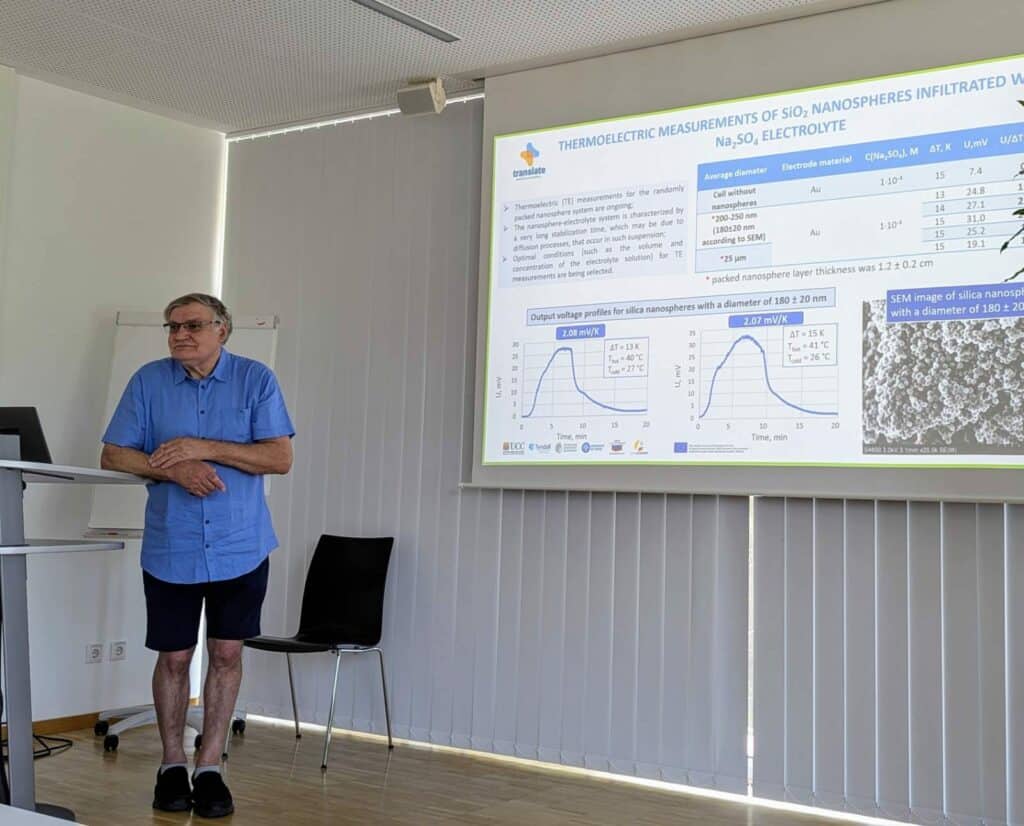
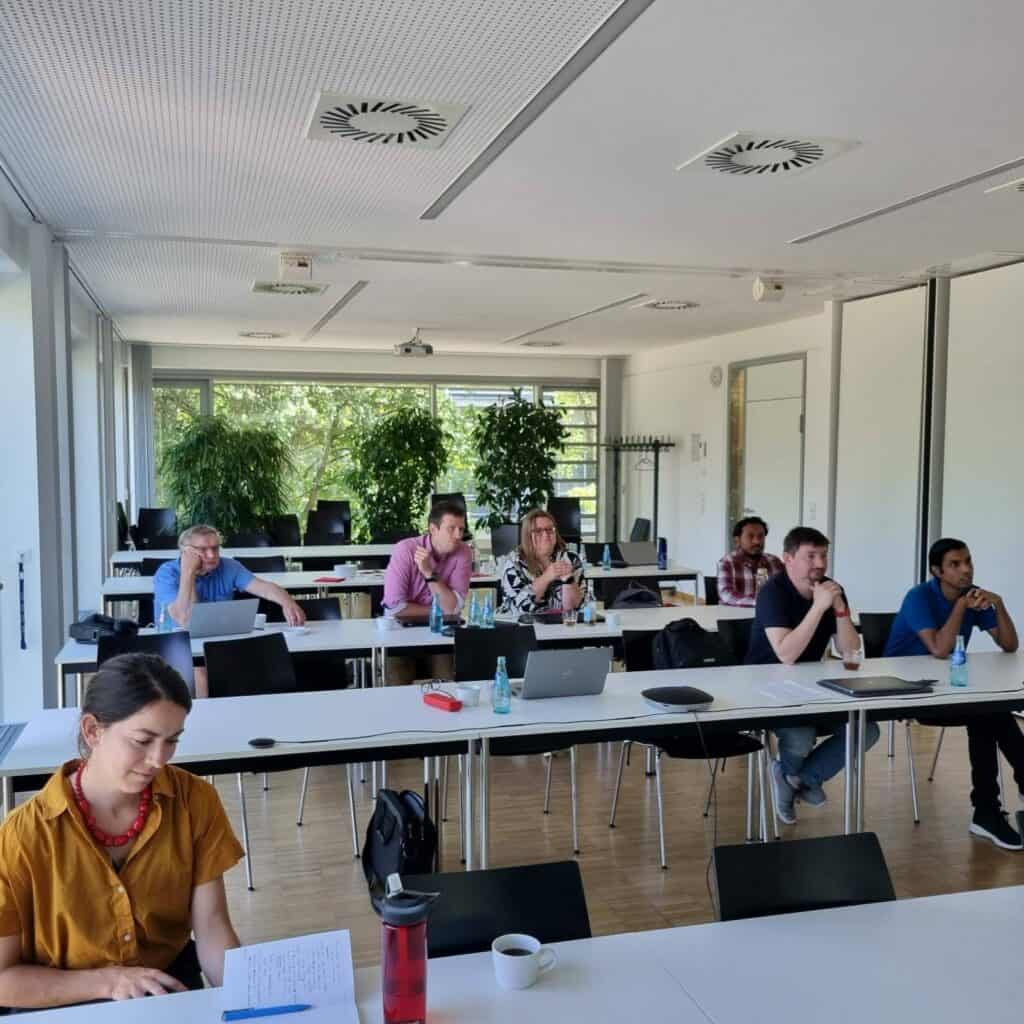
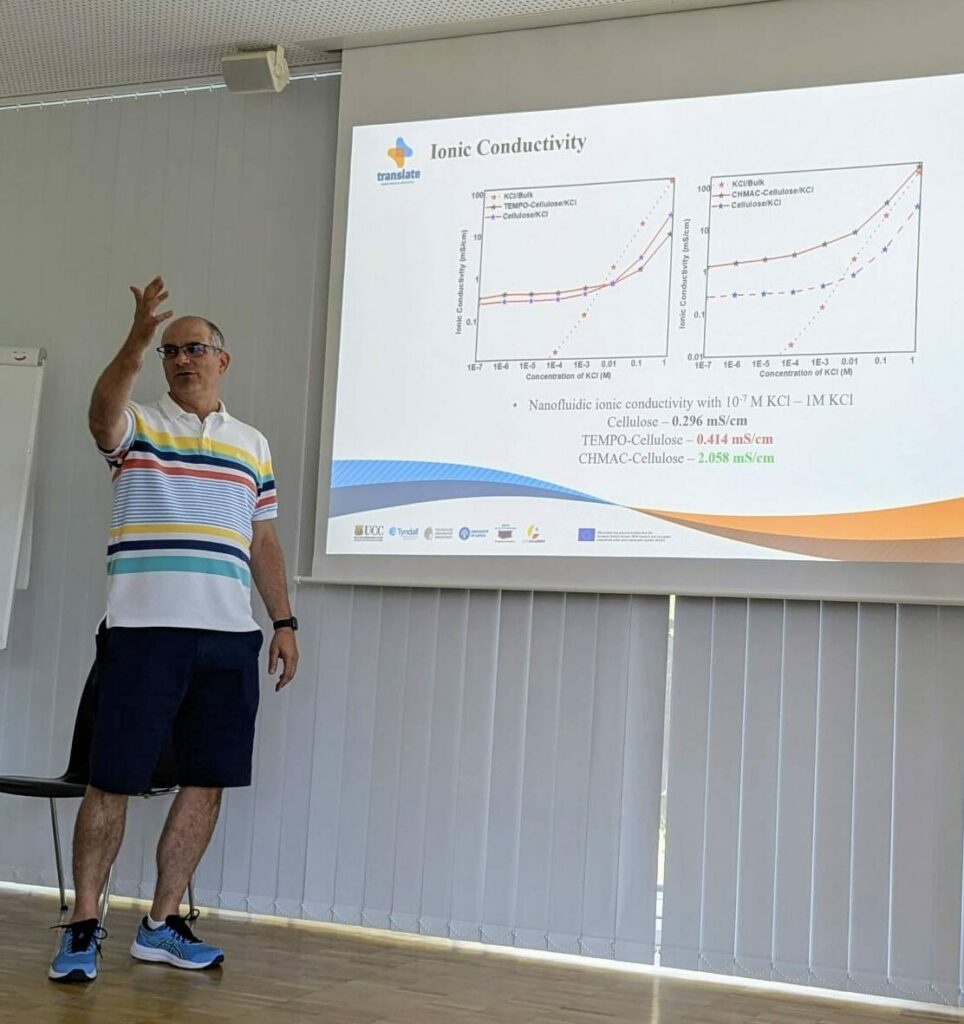
Executive Board Meeting
The Executive Board reviewed the project’s overall progress and addressed administrative aspects crucial for the final months. This meeting was essential for ensuring that the project remains on track and that all administrative tasks are handled efficiently.
Innovation Meeting
Discussions on ongoing collaboration and innovation opportunities were a highlight of the innovation meeting. The focus was on future work and streamlining efforts post-project, ensuring that the innovations developed continue to benefit the scientific community and industry.
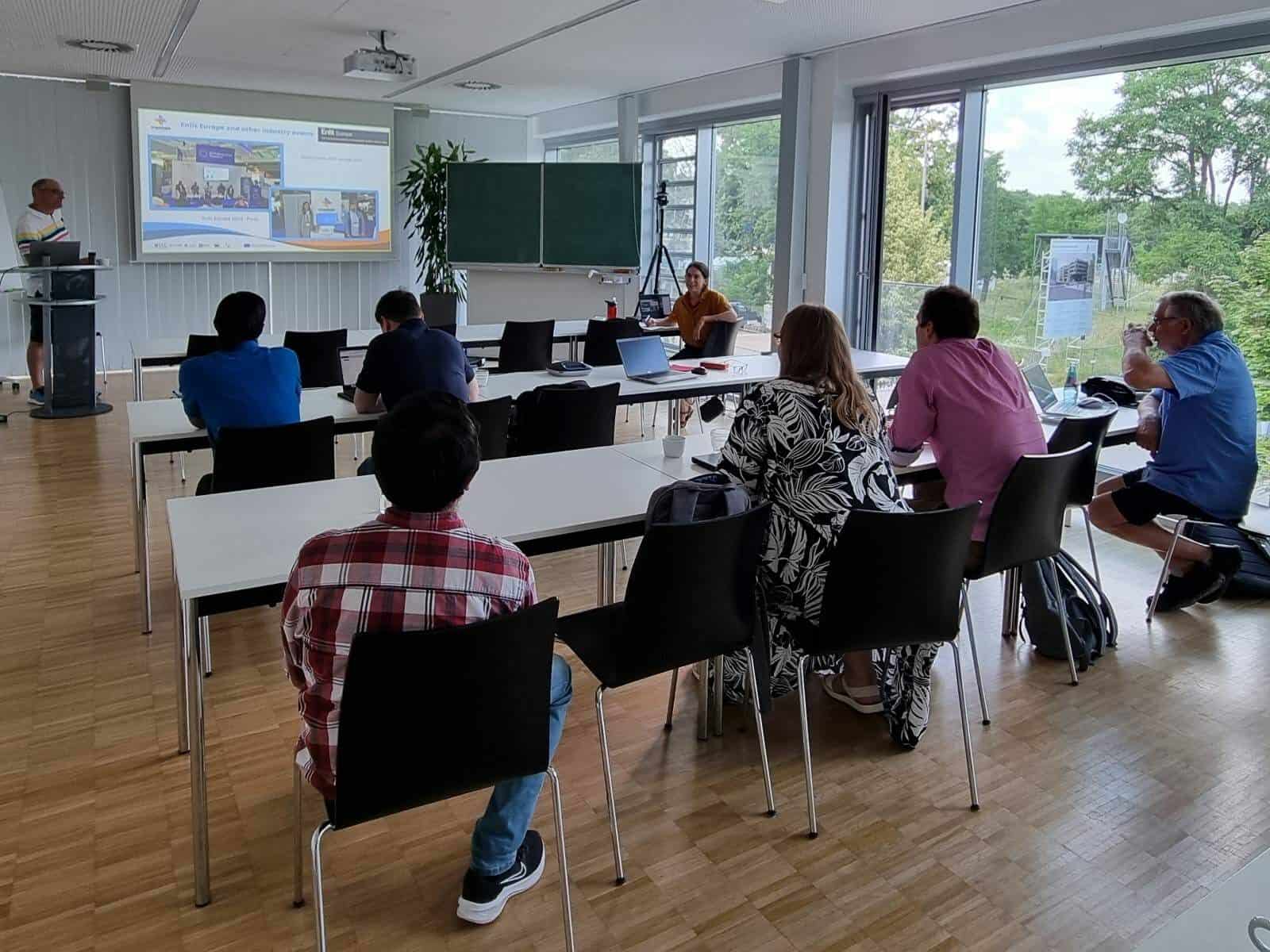
Focus Session
During the focus session, each work package leader reflected on their respective work package’s progress. This session was instrumental in creating a detailed timeline for the final experiments and administrative work needed before the project’s conclusion.
Strengthening Bonds and Fostering Future Collaborations
Beyond the formal sessions, consortium members strengthened relationships during group dinners. These informal gatherings allowed members to unwind and foster stronger personal connections, enhancing the collaborative spirit of the consortium.
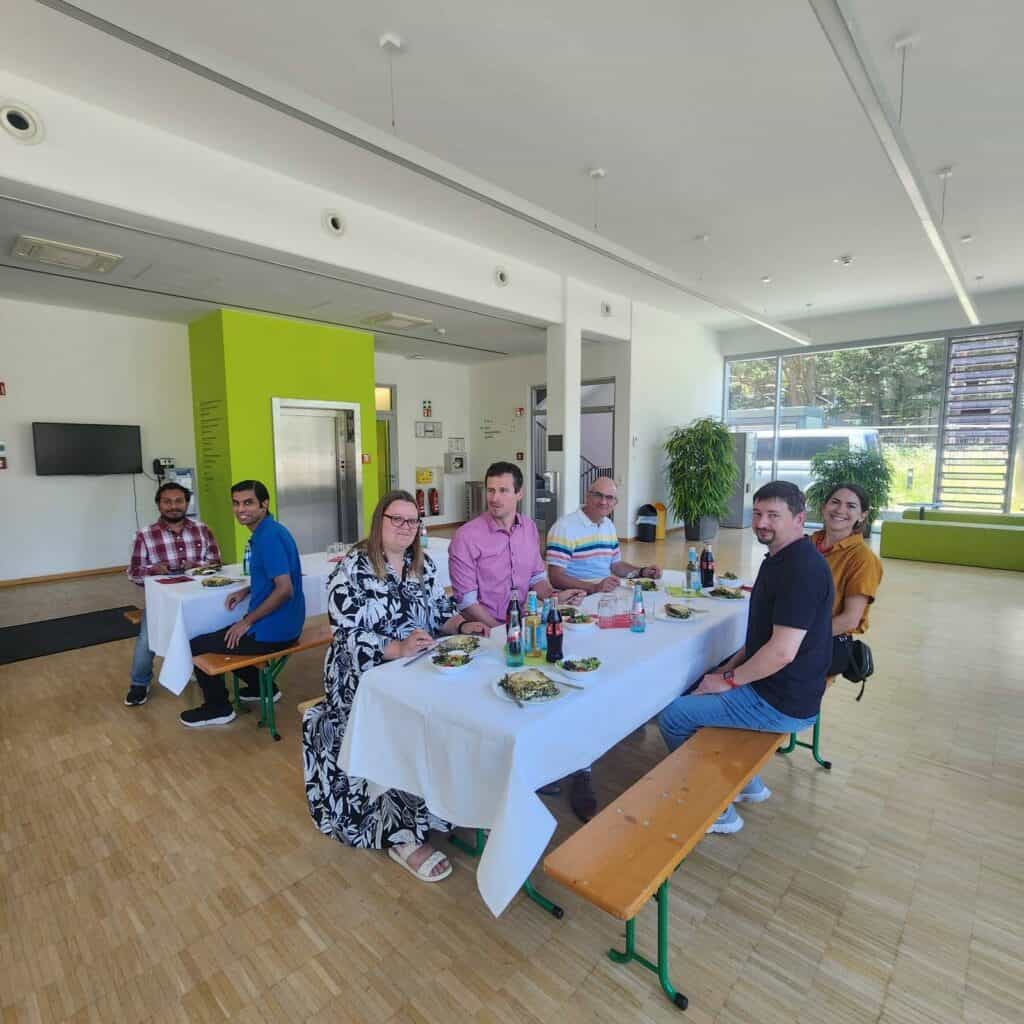
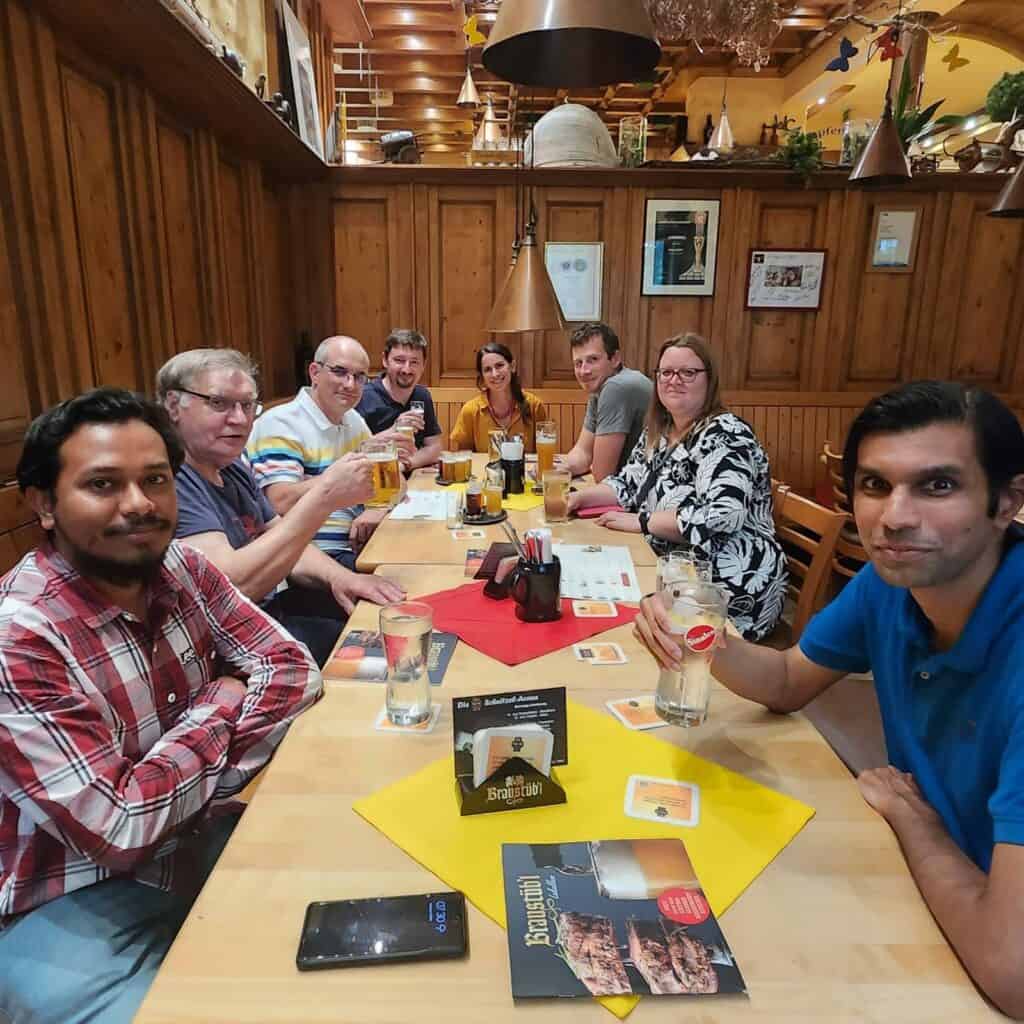
Guided tour of Mathildenhoehe
Thanks to our hosts at TUD, we commenced the second day with an excellent and informative guided tour of the Mathildenhöhe world heritage site. Renowned for its stunning Jugendstil architecture and rich cultural history as an artists’ colony in Darmstadt, the experience was both enlightening and memorable.
“The TRANSLATE GA meeting in Darmstadt went well. We had some useful discussions about our goals for the final year and the next steps for the project. The weather was fantastic, and we even had time to visit the UNESCO Mathildenhöhe site, which made the experience even better.”
– Prof Justin D Holmes, Project Coordinator, Professor of Nanochemistry, School of Chemistry, UCC
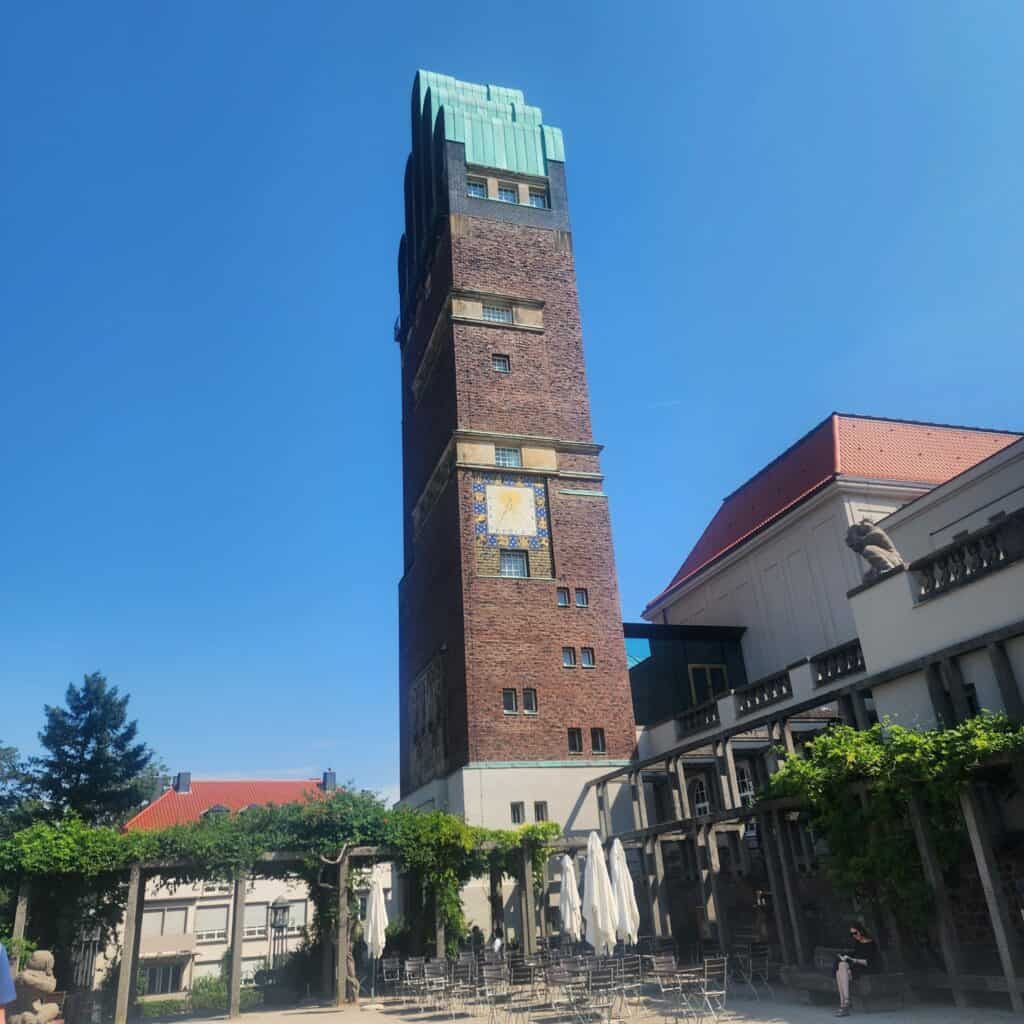
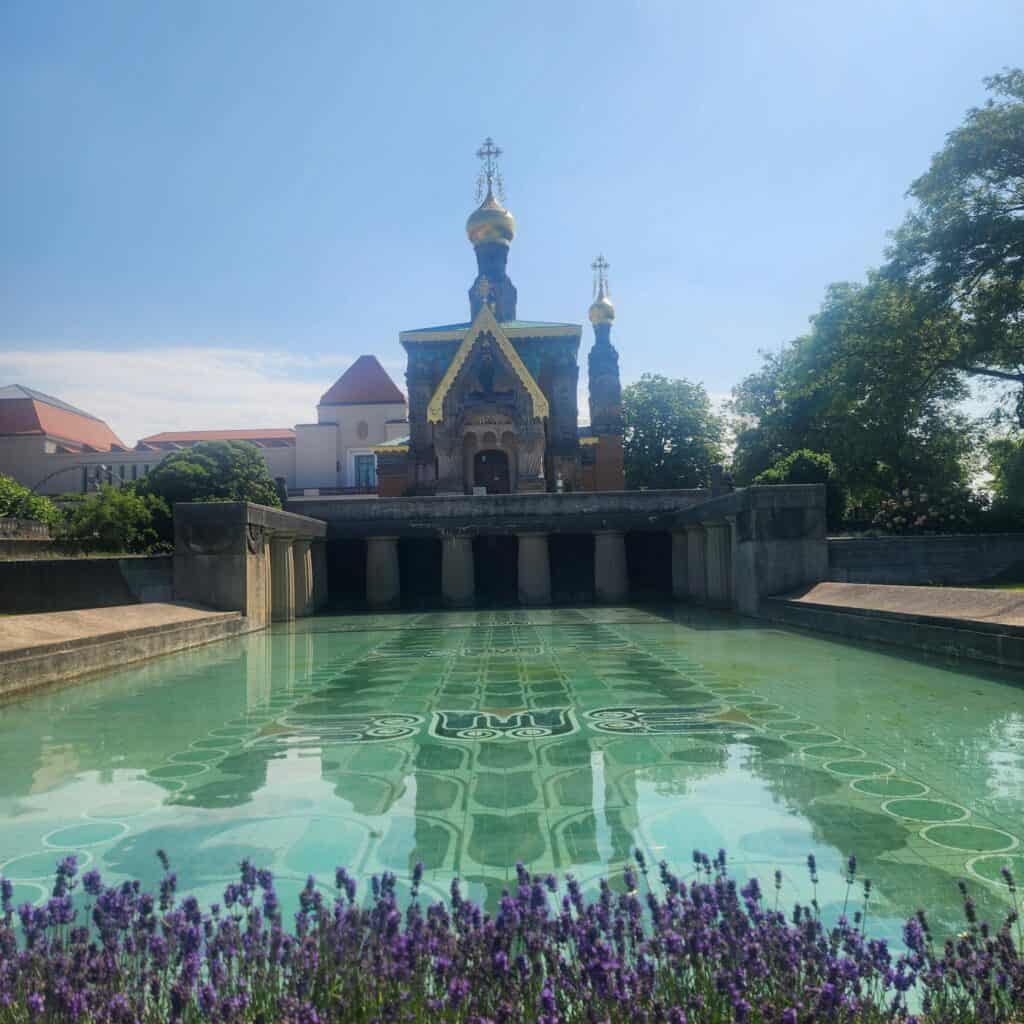
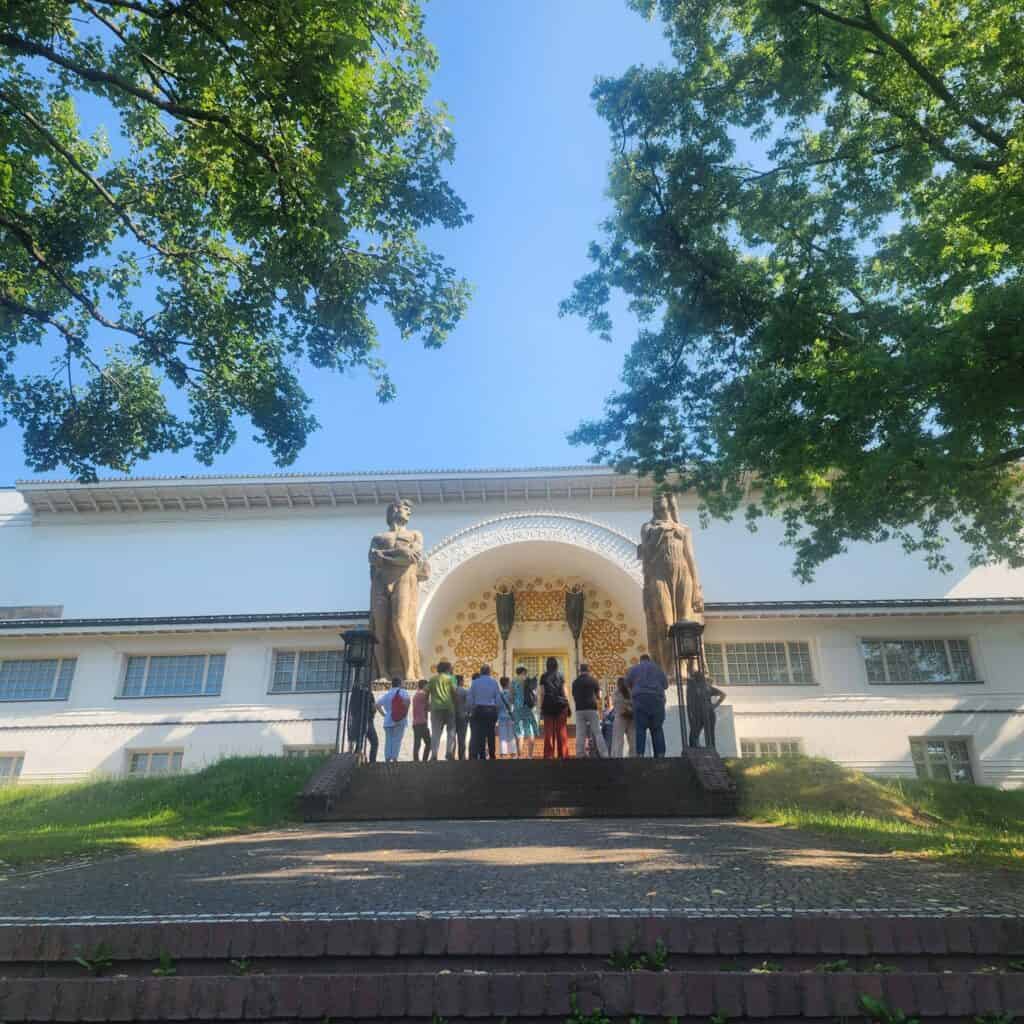
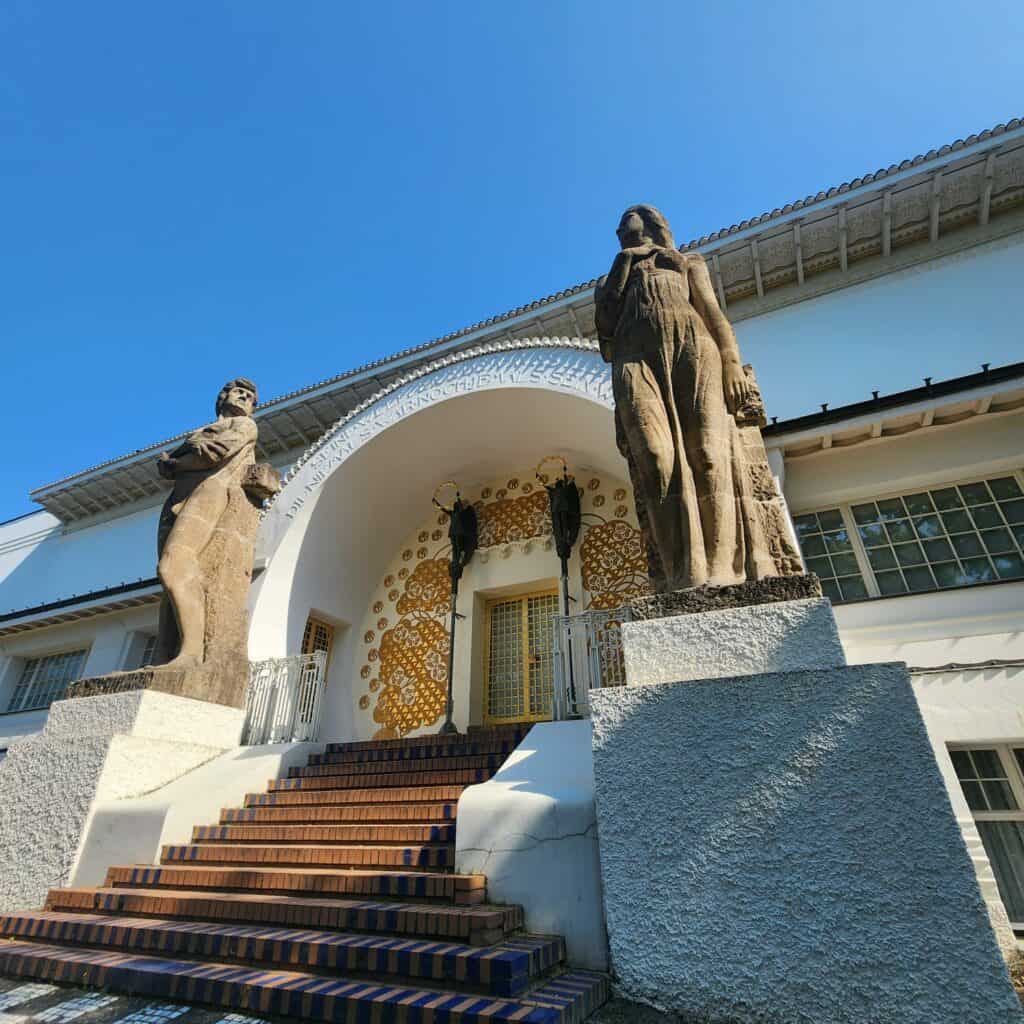
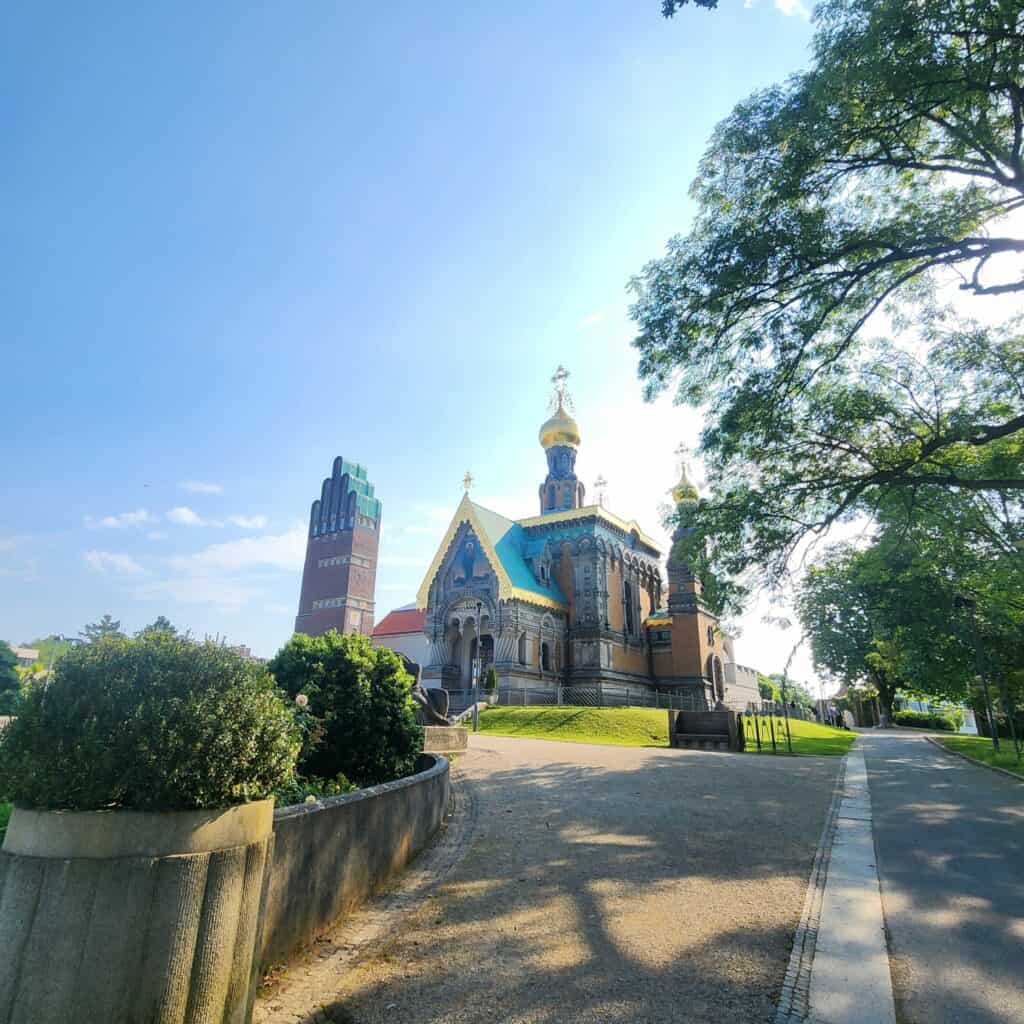
The Significance of Waste Heat Conversion
Waste heat discharged into the atmosphere is one of the largest sources of clean, fuel-free, and inexpensive energy available. Although technologies for converting waste heat into electrical energy have been around for a long time, an environmentally sustainable and efficient platform for harvesting low-grade waste heat remains elusive.
The TRANSLATE Project’s Vision
The EU-funded Horizon 2020 research project TRANSLATE aims to develop an innovative nanofluidic platform technology based on the flux of ions in nanochannels to effectively convert waste heat to electricity. Accessing this largely untapped energy source could help address some of the biggest economic and social challenges of our time, including climate change and the depletion of natural resources. This technology has the potential to significantly improve the energy efficiency of various devices and systems, offering a radically new zero-emission power source.
The efforts of the TRANSLATE consortium are a promising step towards a more sustainable and efficient energy future, leveraging cutting-edge nanofluidic technology to harness the power of waste heat.

